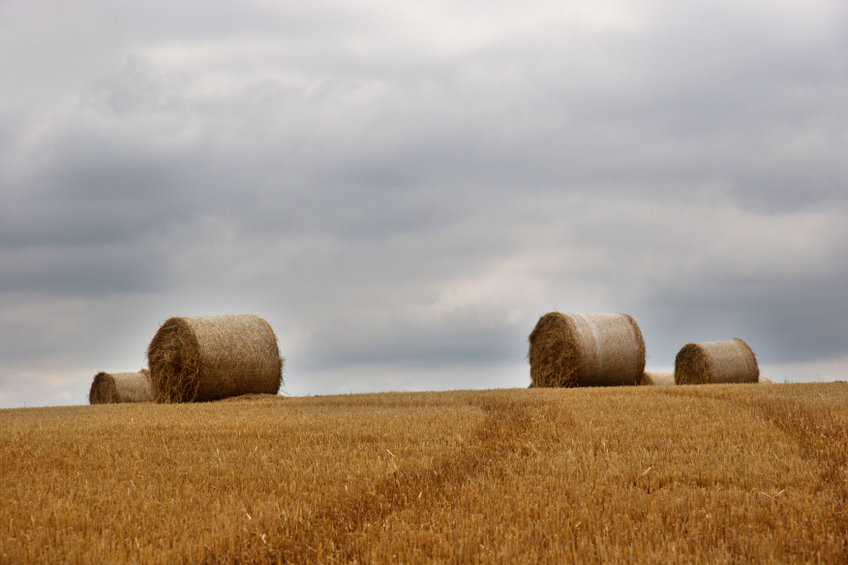
Average farm incomes in Scotland have risen to the second highest level since 2012 due to reduced total input costs, new figures show.
The average farm income is estimated to be £39,300 in 2020-21, rising by £10,000 from the year before, according to the Farm Business Survey.
The upturn in prices, published today by the Scottish government's Chief Statistician, is against the backdrop of the Covid-19 pandemic.
Total input costs decreased 5 percent to £207,900, according to analysis from the survey of around 400 farms.
This indicates that the upturn in income is mostly due to reduced total input costs, it said. This small change in inputs had a "large positive impact on overall income".
The results also show that commercial dairy farms across Scotland had a good year.
Average milk prices and yields both increased in 2020-21, contributing to higher incomes. Average income was estimated at £99,600, the highest value since 2012.
Figures also show that diversification continues to be an important factor for farm incomes in Scotland.
Farms with diversified activities, such as renting out farm buildings and electricity generation, on average generated £16,100 more income per annum in 2020-21 than those without.
The Farm Business Survey shows that support payments continue to play an more important role in farm income for some farm types.
Including support payments, around 81% of all farms made a profit in 2020-21; without support this would decrease to 37% of all farms.
Livestock farms, particularly those in Less Favoured Areas (LFA), are the most reliant on support payments – only 7% of LFA sheep farms were profitable in 2020-21 without support.
The Farm Business Survey results cover the 2020 cropping year and the 2020-21 financial year.
Farms which do not receive support payments, such as pigs, poultry and horticulture, are not included in the results.
